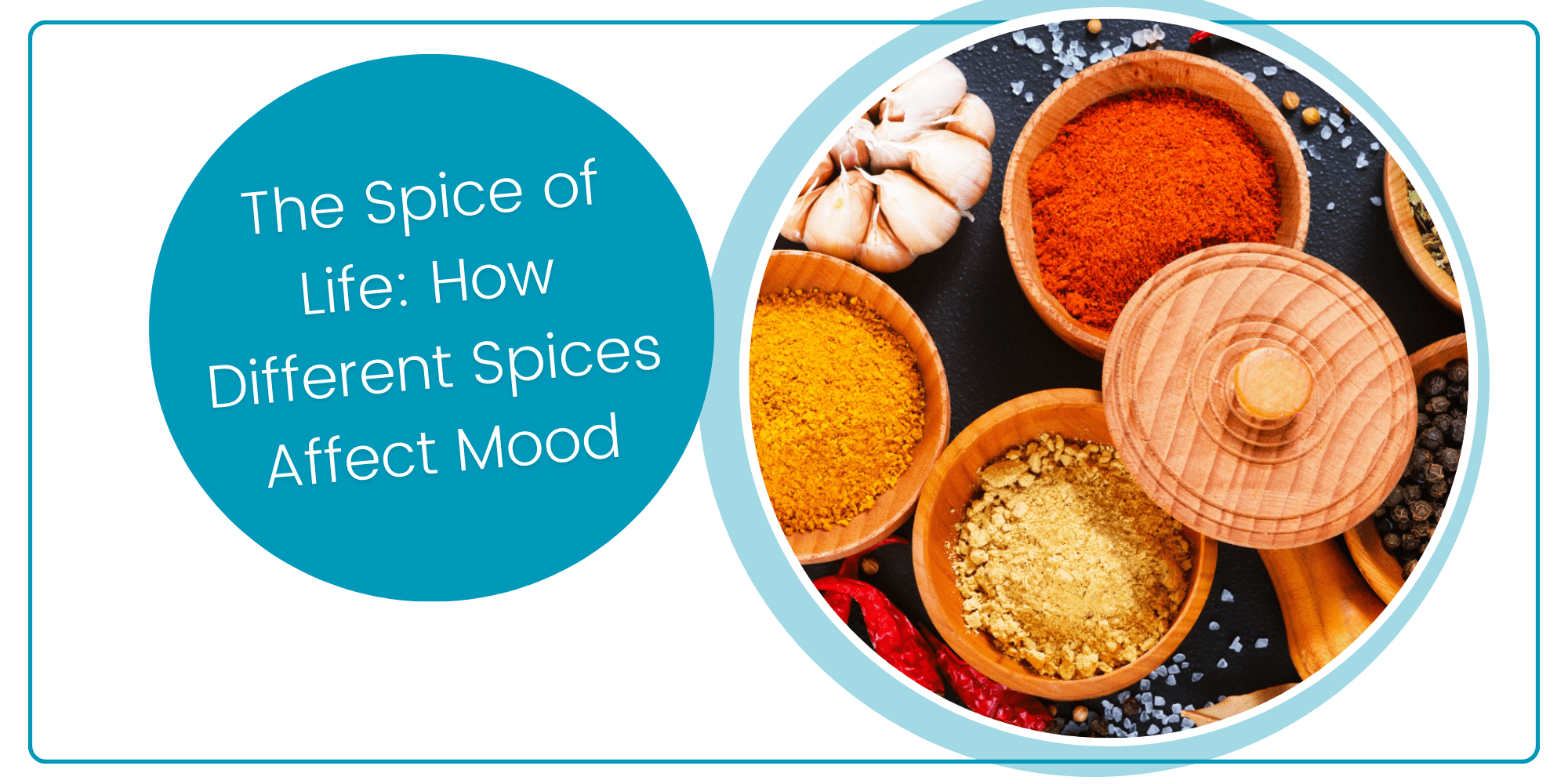
Spices have been an integral part of human culinary history for millennia. These flavor-packed ingredients not only enhance the taste of our food but can also have a profound impact on our mood and emotions. From the zesty kick of chili peppers to the warm embrace of cinnamon, spices play a unique role in influencing our mental and emotional states. In this article, we’ll explore the fascinating world of how different spices affect our mood.
Cardamom: The Elixir of Euphoria
Cardamom, with its unique sweet and spicy flavor, has been associated with feelings of contentment and euphoria. It’s believed to have mood-lifting properties, making it a popular addition to traditional spiced teas like chai. The aromatic nature of cardamom can help to relax the mind and reduce tension, leading to an improved mood.
Chili Peppers: The Heat of Happiness
Chili peppers, with their fiery heat, are known to release endorphins in the brain, leading to feelings of pleasure and euphoria. The compound responsible for this effect is capsaicin. When you consume spicy foods, your body perceives the heat as a stressor and releases endorphins as a natural response. These endorphins are known as “feel-good” chemicals because they can help alleviate pain and induce a sense of well-being. So, if you’re looking for a quick mood boost, consider adding a little spice to your meal.
Cinnamon: A Warm Embrace
Ceylon cinnamon is a comforting spice that can evoke feelings of warmth and coziness. Its sweet and woody aroma has been linked to reducing stress and anxiety. The scent of cinnamon can trigger memories of holiday gatherings and baked treats, making it a go-to spice for creating a sense of comfort and nostalgia. A cup of cinnamon-infused tea or a sprinkle of cinnamon with your breakfast can set a positive tone for the day. Ceylon cinnamon has anti-inflammatory properties. It supports healthy blood sugar and cholesterol levels and protects the brain.
Coriander: A Refreshing Exhale
Coriander contains compounds that may help reduce anxiety and promote relaxation and overall well-being. Its fresh and citrusy aroma and taste can contribute to a positive sensory experience, potentially leading to improved mood. While the evidence is not conclusive, many people find that including coriander in their diet can have a subtle but positive impact on their mood, contributing to a sense of comfort and contentment.
Ginger: The Natural Mood Booster
Ginger has anti-inflammatory and antioxidant properties, which can help reduce oxidative stress and inflammation in the body. It is also known to increase serotonin and dopamine levels, which may have a positive impact on mood and overall well-being. Enjoy the delightful taste of ginger tea or try adding fresh ginger to your meals to enjoy its benefits.
Peppermint: The Cool and Refreshing Spice
Peppermint, with its refreshing and invigorating flavor, is known to boost energy and alertness. It can help alleviate mental fatigue and increase focus, thereby enhancing mood. Whether in the form of peppermint tea or as a garnish in a salad, this spice can provide a much-needed mental pick-me-up.
Rosemary: The Calming Herb
While primarily considered an herb, rosemary is sometimes used as a spice and has a pleasant, pine-like aroma. Its scent may lower cortisol levels, reduce stress, and improve memory and cognitive function, potentially influencing mood positively.
Turmeric: The Anti-Inflammatory Spice
Turmeric, known for its vibrant yellow color and earthy flavor, contains an active compound called curcumin. Curcumin is known for its anti-inflammatory and antioxidant properties, which may have a positive impact on mood. Chronic inflammation has been linked to conditions like depression, and consuming turmeric may help combat this inflammation, potentially contributing to a more stable and uplifted mood.
***
It’s important to note that individual responses to spices can vary, and while these spices may have mood-enhancing potential, they should not replace professional medical advice or treatment for mood disorders. Be sure to use our LRA Delayed allergy panels to discover whether you may be sensitive to any of the spices listed above. A balanced diet, regular exercise, and a healthy lifestyle are also essential for maintaining good mental health. Experimenting with different spices in your cooking can be a fun and flavorful way to potentially enhance your mood while enjoying a diverse range of culinary experiences.
